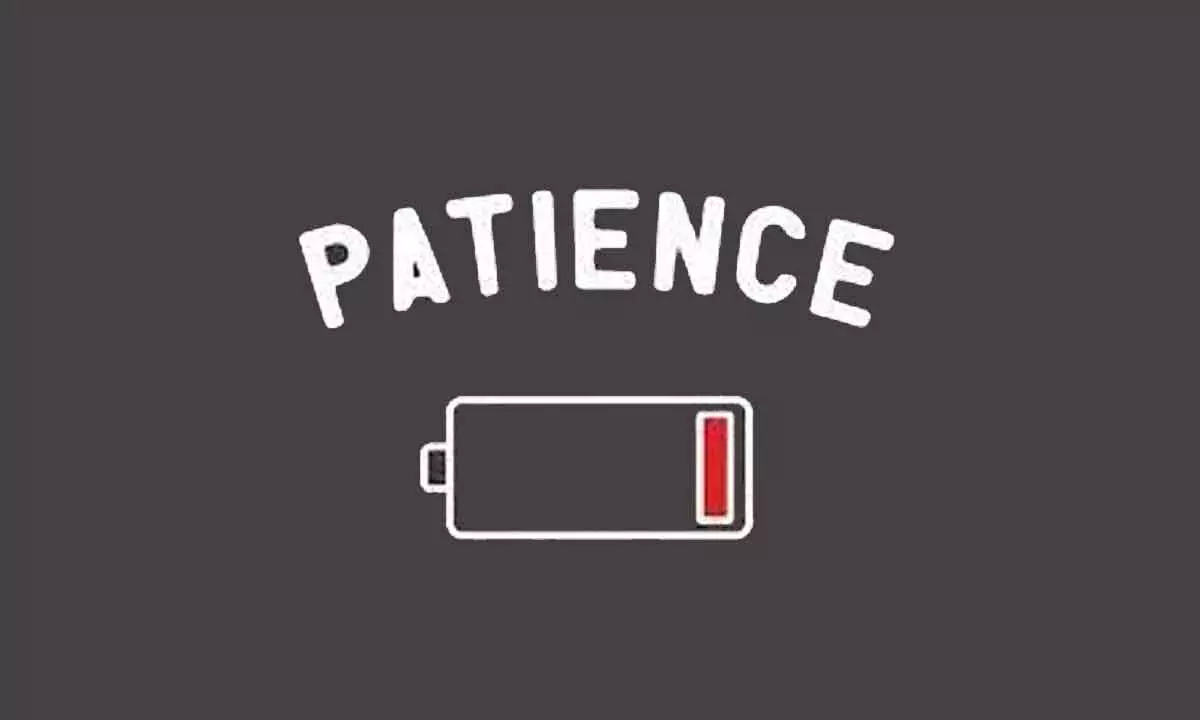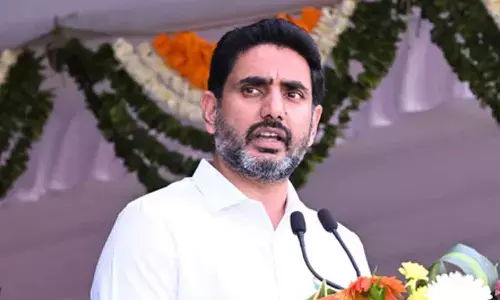When Restraint is no Virtue…

While, no doubt, restraint is rightly advocated as a virtue, it must also be accepted that all virtues have a bottom line. Take, for example, the feelings which Lord Krishna must have experienced in the epic Mahabharat before he beheaded Sisupala. Thus far, and no farther, was how he must have felt. Having promised Srutasubha, his aunt and Sisupala’s mother, that he would forgive a hundred of Sisupala’s sins, Lord Krishna found that Sisupala’s act, of insulting Bhishma (the patriarch of the Kaurava and Pandava clans), by decrying Bhishma’s vow of lifelong celibacy, constituted the hundredth sin. Therefore, with his Sudarshan Chakra, he beheaded Sisupala. The lesson to learn from the incident is that restraint, beyond a point, is no virtue
As a teenager, I was, like all youngsters, somewhat impetuous, and hasty. I was impatient to savour the pleasures of life at once, rather than wait for the time when maturity, and wisdom, would have enriched my experiencing them. Always a perceptive parent, my father understood what was going on and, on one occasion, counselled me to ‘dam’ my emotions and wait for the appropriate juncture to release them.
As I look backwards, over my shoulders, at life, as it has panned out, over the five decades afterwards, I realise the value of other advice that lent an edge to my ability, to taste the good things of life. In 1968 I was a Probationer at the National Academy of Administration (as it was then known), after having been selected for the Indian Administrative Service (IAS). Director of the Academy, K K Das had received a report of unruly behaviour by a group after a particularly hard drinking session one evening. The next day he summoned all Probationers for a counselling session. “We do not discourage drinking as such,” Das told us, “it should, however, be practised in moderation.” Just a few years ago, before I finally quit smoking, after having had an affair, with that habit, for over five decades, a doctor told me that anything was permissible within reasonable limits. Moderation, no doubt, enables one to continue to enjoy indulgence in a substance, or an activity. But refraining from it, altogether, is an equally effective alternative. Which is one reason why Shakespeare, in his play ‘Hamlet’, makes Hamlet, the hero, say to his mother Gertrude, while entreating her to avoid his paternal uncle Claudius’ bed,
“Refrain tonight And that shall lend a kind of easiness
To the next abstinence the next more easy
For use almost can change that stamp of nature
And master the devil or throw him out
With wondrous potency.”
My experience has convinced me that the formula, for success, lies in finding the balance between overdoing and underperforming. One must be honest in the assessment of one’s qualities and abilities, strengths and weaknesses. As it is said, in the game of cricket, of a successful bowler that one must perform ‘within oneself’. And stay within the bounds of the remit, and mandate, prescribed by the extant legal and sociopolitical imperatives.
Such a professional demand has manifested itself, in a telling manner, in the case of the judiciary in India. The framers of the Indian Constitution envisioned an independent judiciary, one that would act as a check, on potential executive and legislative excesses. They, however, also recognised the importance of judicial self-restraint as a quality that was necessary to prevent judicial activism, from undermining the legitimate powers of the other wings of the state. Once again, it was a question of balance. Desisting, altogether, from the need to expand the legitimate boundaries of judicial authority can amount to failing to protect the rights of individuals and institutions. Likewise, indulging in excessive use of the spirit of judicial activism can only worsen the situation, given the challenge of the huge pendency already being experienced. The desirability of opening up the scope for avoidable turf wars and vitiating an atmosphere which is presently characterised by harmony and peaceful coexistence may also need to be kept in mind.
The field of acting, likewise, is one in which restraint is a most desirable quality. Most mediocre actors succumb to the temptation to overact. An exaggerated action, tone, reaction, characterisation or performance, intending to convey an emotion that is obvious, invariably results in unnatural performance. One has only to recollect the portrayal, of a variety of roles, by such veteran actors, of yesteryear, such as Ashok Kumar or Meena Kumari of the Hindi cinema field, Spencer Tracy or Katherine Hepburn of Hollywood or the unforgettable character actors of Telugu movies, such as Savitri, or S V Ranga Rao (of ‘Maya Bazar’ fame), to understand the import of that.
The challenge of finding the golden mean between two dissimilar, if not contradictory, options can prove quite daunting. One often enters a room that is difficult to read, and presents, a situation requiring resolution of a dilemma. Such are the situations in which wisdom and experience need to kick in. While, no doubt, restraint is, rightly, advocated as a virtue. It must also be accepted that all virtues have a bottom line. Take, for example, the feelings which Lord Krishna must have experienced in the epic Mahabharat before he beheaded Sisupala. Thus far, and no farther, was how he must have felt. Having promised Srutasubha, his aunt and Sisupala’s mother, that he would forgive a hundred of Sisupala’s sins, Lord Krishna found that Sisupala’s act, of insulting Bhishma (the patriarch of the Kaurava and Pandava clans), by decrying Bhishma’s vow of lifelong celibacy, constituted the hundredth sin. Therefore, with his Sudarshan Chakra, he beheaded Sisupala. The lesson to learn from the incident is that restraint, beyond a point, is no virtue.
An anecdote before we close this piece.
In 2004, when I was working as the Chief Secretary to the Government of Andhra Pradesh, Chiranjeevi, the Telugu matinee idol, who continues to enthral audiences even after having crossed the 150th movie mark, invited me to inaugurate the website of his well-known Blood Bank in Hyderabad. During the function, he asked me whether it was a fact that I had acted in movies as a child. I told him that while that was true, I had never before acted as much as I was in my present assignment! Now, that was not as much of a tongue-in-cheek-reply as it sounds. In all professions, it is necessary for a good practitioner to possess the ability to appear angry even without provocation or, to wear a beatific smile, although feeling irritated or upset. While all callings require the imbibing of qualities peculiar to their culture, the administrative service, particularly in a democratic country such as India, calls for one to cultivate that art assiduously.
(The writer is formerly Chief Secretary, Government of Andhra Pradesh)














